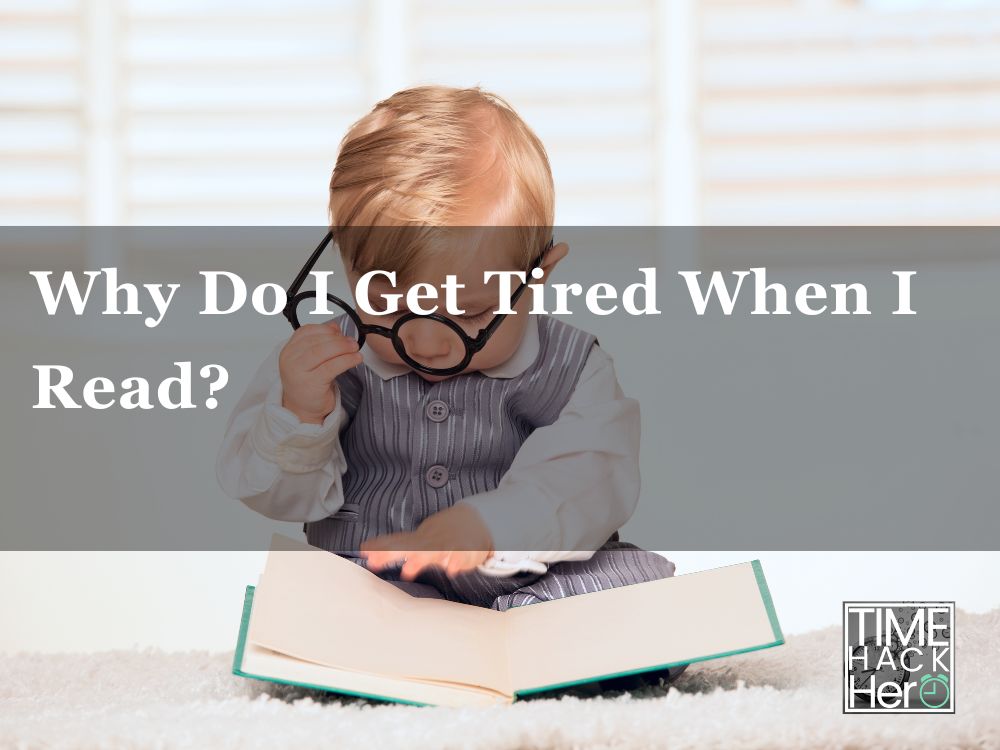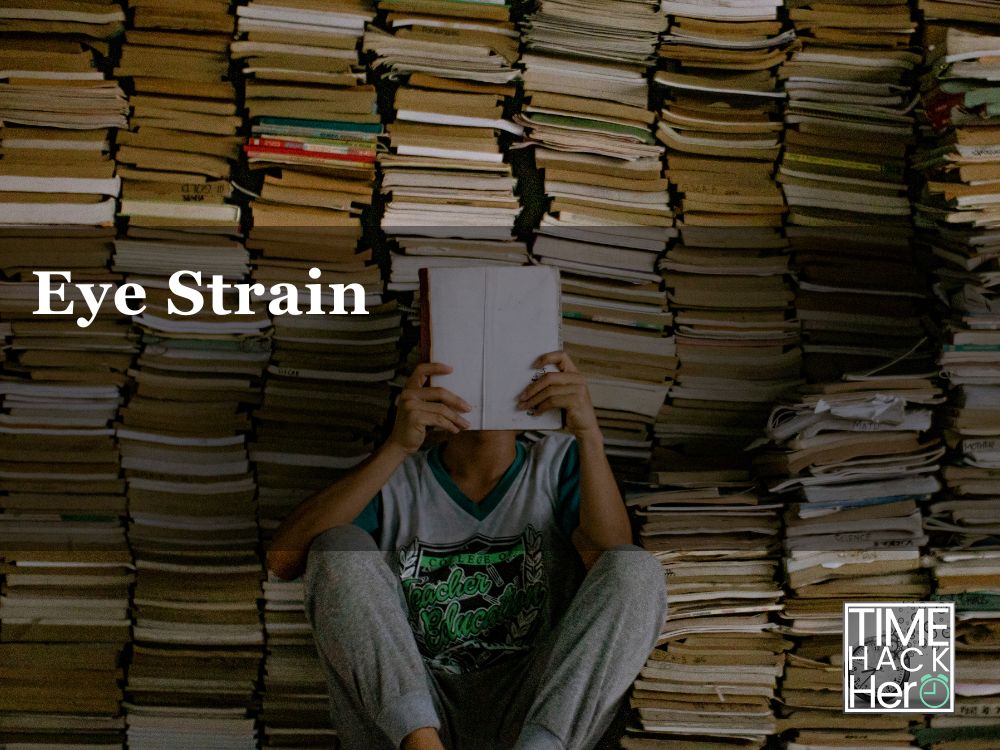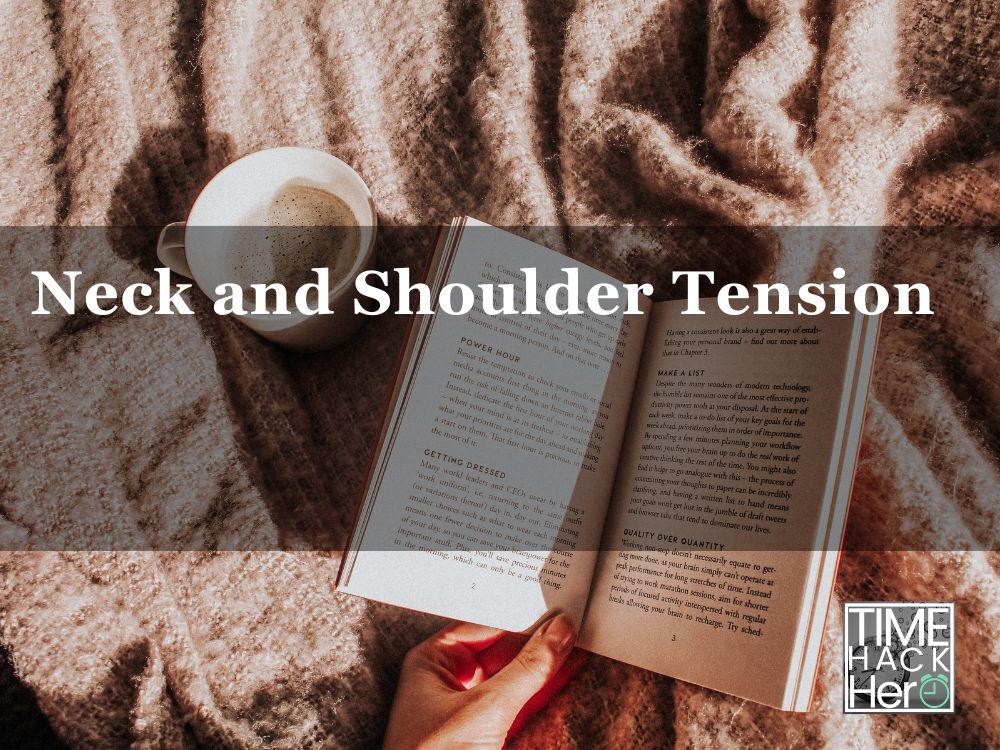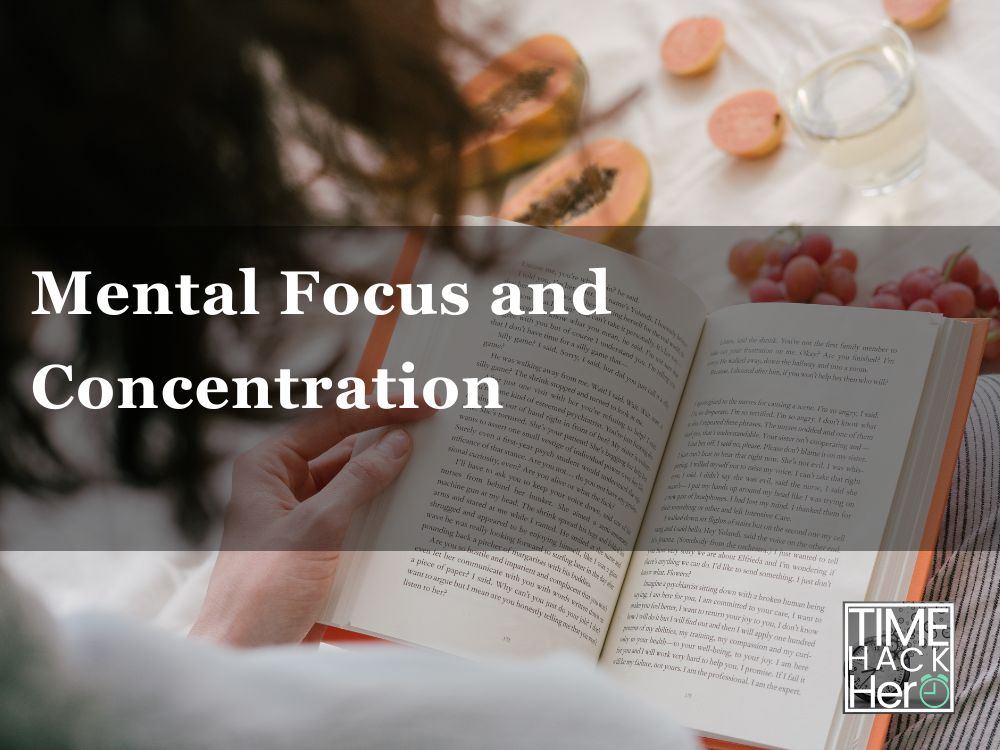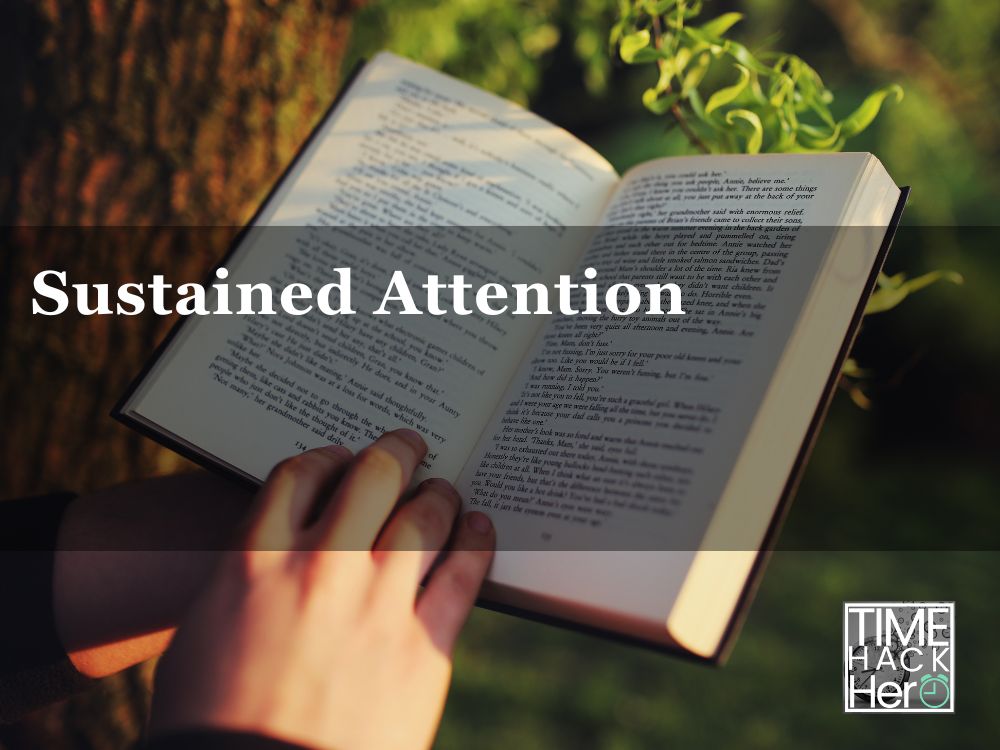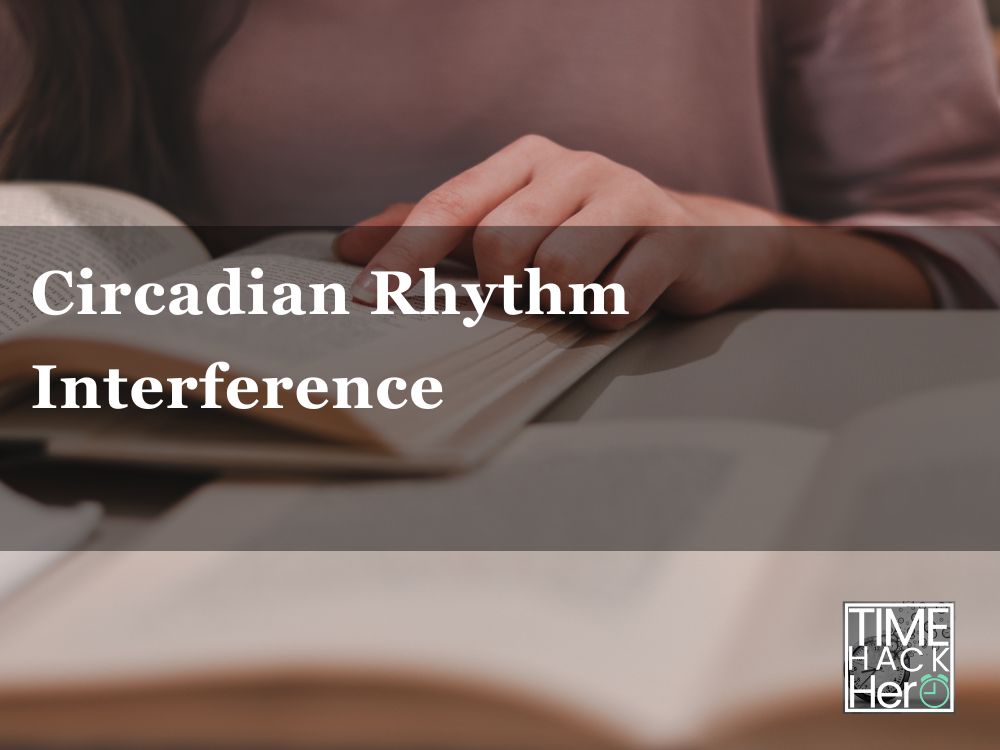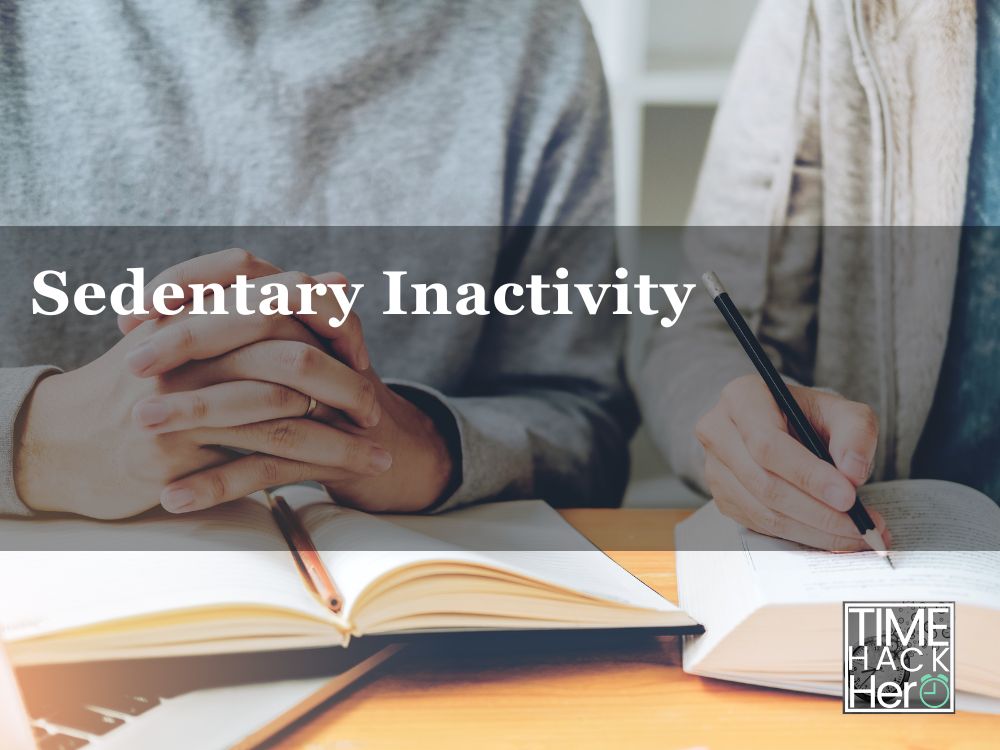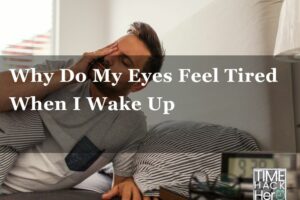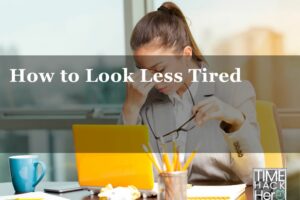Feeling your eyelids droop and your mind drift while reading is extremely common. Whether curling up with a book or scanning through screens, reading often has an unintentionally soporific effect. If you regularly get drowsy or fatigued when reading, your body is trying to tell you something.
Table of Contents
Is This Normal?
Absolutely! Becoming tired from reading is a normal biological response. The focused visual and mental effort reading requires can strain the eyes, brain, and body over time, resulting in fatigue. However, frequent or severe tiredness may also signal possible vision issues or sleep disorders.
Why Do I Get Tired When I Read?
Feeling your eyes grow heavy and your focus wander when reading is very common. But what causes that irresistible urge to nod off when immersed in a book? There are several key reasons why reading can induce feelings of fatigue.
Eye Strain
Reading requires extensive use of your visual system, which can tire out your eyes and lead to overall fatigue.
1. Accommodation
Accommodation is the process of continually focusing and refocusing as you read across the page or screen. This repetitive eye muscle effort strains the ciliary muscles surrounding the lens.
2. Convergence
Convergence is the inward turning of eyes to focus close-up. Reading necessitates prolonged convergence to triangulate words, which exhausts the extraocular muscles.
3. Saccades
Saccades are the brief, rapid eye movements between fixation points when reading. Hundreds of saccades per minute eventually strain the muscles controlling eye movement.
4. Blinking
Reading reduces your normal blink rate from 15-20 per minute down to about 5-10 blinks per minute. Less frequent blinking dries your eyes out.
Reduced lubrication stresses the surface corneal epithelial cells. Eye irritation promotes fatigue.
Neck and Shoulder Tension
Maintaining a reading posture can also create strain in the upper body that makes you tired:
5. Forward Head Position
Bringing material close to your eyes when reading often leads to a forward head position. This compresses the cervical spine, tensing neck muscles.
6. Rounded Shoulders
Reading while slumped over can round your shoulders inward (medial rotation). The strained shoulder muscles tire out from this sustained unnatural position.
7. Static Postures
Remaining seated or lying down without movement while reading keeps your neck and shoulders static, resulting in muscle exhaustion.
Mental Focus and Concentration
The intense mental focus and concentration required to read also serves to drain your energy:
8. Information Processing
Reading involves taking in visual words and symbols, decoding meanings, connecting concepts together, and absorbing information. This heavy cognitive workload is tiring on the brain.
9. Active Imagination
Entering an engrossing fictional world activates your imagination as you envision characters and scenes in your mind. This immersive process is mentally taxing.
10. Emotional Engagement
Good writing elicits emotional responses like fear, laughter, sadness, excitement or suspense. Processing these emotions mentally while reading is exhausting.
Sustained Attention
Reading requires blocking out distractions and maintaining undivided attention on the text for an extended period of time. Staying focused like this consumes mental energy.
11. Reduced Blinking and Lubrication While Reading
| Cause | Effect | Symptom |
|---|---|---|
| Less frequent blinking | Corneal epithelial drying | Eye irritation and redness |
| Reduced tear production | Inadequate lubrication | Gritty, scratchy, irritated eyes |
| Greater tear evaporation | Dry spots on the cornea | Blurred vision, light sensitivity |
12. Why Reading is Mentally Fatiguing
| Cause | Explanation | Effect |
|---|---|---|
| Information processing | Decoding words, connecting concepts | Cognitive workload |
| Imagination | Envisioning fictional scenes and characters | Mental exertion |
| Emotional engagement | Feeling characters’ emotions | Draining emotional processing |
| Sustained attention | Blocking distractions, staying focused | Draining exertion of attentional control |
Circadian Rhythm Interference
Reading before bed can also disrupt your natural circadian sleep-wake cycle:
13. Reduced Melatonin
Reading activates the brain with stimulation that supresses natural melatonin release in the evening, making it harder to feel sleepy.
14. Night Mode Disruption
Blue light emitted from screens inhibits melatonin production more than print books. This disrupts your biological night mode.
15. Engagement Delays Sleep
When wrapped up in a captivating book, you may lose track of time and stay awake far past your intended bedtime without noticing.
Sedentary Inactivity
Reading involves extended periods of sedentary inactivity which itself can lead to fatigue:
16. No Physical Movement
Sitting or lying still while immersed in a book fails to activate your muscles and lacks the energizing effects of physical movement.
17. Slouched Posture
Poor posture like slouching or hunching over a book restricts oxygen intake. Insufficient oxygen exacerbates tiredness and yawning.
18. Reduced Blood Circulation
Remaining inactive reduces circulation back to the heart. Less fresh blood and oxygen reaching the brain contributes to drowsiness.
External Factors
Some additional external factors can make reading tiring:
- Poor lighting like dim lamps or bright glare
- Noises, music, and other distracting background stimuli
- Warm environments that make you drowsy
- Reading when already depleted or sleep-deprived
9 Tips to Avoid Fatigue When Reading
If you regularly feel drained by reading, here are some solutions to try:
Follow the 20-20-20 Rule
Every 20 minutes, take a 20 second break and look at something 20 feet away. This reduces eye strain. Set a timer if needed. Blinking and refocusing provides relief.
Adjust Lighting
Ensure you have sufficient illumination when reading and that lights are not glaring. Position lamps so light shines over your shoulder, not in your eyes. Avoid reading in complete darkness.
Check Your Prescription
Blurry text adds strain. Make sure your prescription glasses or contacts still correct your vision optimally for reading distance. Update your prescription if needed.
Use Lubricating Eye Drops
Replenish moisture in dry eyes and combat strain with preservative-free artificial tear drops. Products like gels and ointments provide longer relief.
Reduce Ambient Blue Light
Blue light from devices suppresses natural melatonin. Use blue-light-blocking glasses or adjust device settings in the evening to avoid delayed sleep.
Take Regular Breaks
Follow the 20-20-20 rule but also take longer 5-10 minute breaks every 45-60 minutes to fully relax your eyes. Stretching helps too. Breaking up reading helps fight fatigue.
Check Your Posture
Sit upright with feet flat and bring reading material up to eye level to reduce neck strain. Avoid slouching or lying down which reinforce poor positions.
Reduce Screen Time
Limit reading on digital devices which tends to cause more rapid eye fatigue compared to paper. If possible, opt for physical books over e-readers at night.
Rule Out Underlying Issues
See an optometrist and doctor to check for undiagnosed vision problems or medical conditions like autoimmune disease or sleep apnea that could exacerbate reading fatigue.
Conclusion
Feeling tired during and after reading is extremely common due to the visual and cognitive demands involved. Implementing healthy reading habits and getting your eyes checked regularly can help prevent severe or chronic reading fatigue. Be aware of setting yourself up for success by choosing optimal times, lighting, and positions for reading. Finding ways to engage your mind while reducing strain on your eyes can help preserve your energy and enjoyment of reading.
Frequently Asked Questions
Are e-readers and tablets worse than books for eye strain?
Yes, reading on backlit screens tends to cause faster digital eye strain compared to paper books. E-readers utilizing E Ink technology tend to cause less eye strain than tablets or phones though.
Does reading while lying down help avoid fatigue from sitting?
Sometimes, but be cautious. Reclined positions can allow gravity to pull on eyelids, strain neck muscles, and promote sleepiness faster. Sitting upright is best for prolonged reading.
Can certain foods or drinks help combat reading fatigue?
Hydrating well can help strained eyes. Caffeinated drinks may temporarily reenergize mental focus. Avoid alcohol before reading. Snacking on nuts or fruits may boost energy and concentration.
Do blue light glasses really block sleep-disrupting blue wavelengths?
It depends. Legit glasses with amber tinted lenses or anti-reflective coatings can filter some blue light, but lens quality varies. Look for certified eyewear for the best blue light protection.
Can children experience more reading fatigue as their eyes are still developing?
Yes, developing eyes adapt more slowly so kids may experience discomfort and fatigue faster from close work like reading. Suggest more frequent breaks and cap reading durations based on age and tolerance.

